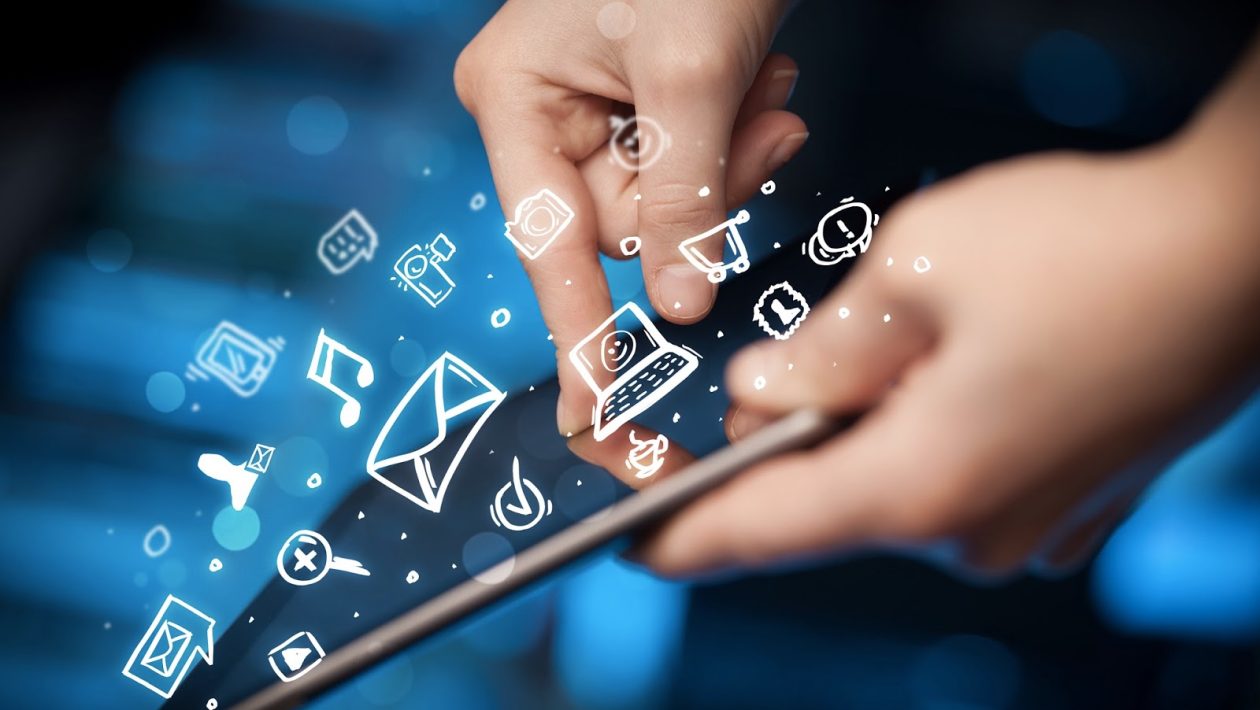As our lives become increasingly digitalized, cultivating privacy has become more pressing than ever. From social media platforms to online banking, we constantly share our personal information with the digital world.
While this online evolution is certainly convenient, it also puts people at risk of cybercrime and identity theft. Here are some tips on protecting yourself and your data in the digital age.
Table of Contents
Use Strong Passwords
The first line of defense in protecting your personal information is to choose a strong password.
When creating your password, use a mix of upper and lowercase letters, numbers, and symbols. Avoid common words or phrases, and never reuse passwords. It’s often best to use easy-to-guess information like your birthday or pet’s name as well. Consider using a password manager to store your passwords securely to help you can keep track of any different passwords you might use. Additionally, in case you ever forget your voicemail password, there is a proper recovery process, so make sure to follow the provided instructions to regain access to your voicemail account.
Keep Your Software Up-to-Date
Regularly updating your operating system, web browser, and anti-virus software can help keep your computer and personal information safe from malware and other security threats. Most operating systems will perform updates automatically, but you may want to check for updates manually if things aren’t working as they should.
Employ Two-Factor Authentication
Two-factor authentication adds an extra layer of security that requires you to provide two forms of identification before accessing your account.
This could look like a password or a code sent to your phone, a biometric scan and a password, or another form of protection. Enabling two-factor authentication on your accounts helps prevent unauthorized access from malicious parties and keeps your personal information secure.
Be Cautious When Sharing Personal Information
Think twice before sharing personal information online, particularly on social media platforms. Even posting your location can be dangerous, so play it safe whenever possible.
Be aware of the privacy settings on your social media accounts, and adjust them so that only people you trust can see your information. Never share personal information like your home address, phone number, or social security number online.
Try a Virtual Private Network (VPN)
A VPN is a secure connection that encrypts your internet traffic, making it harder for hackers to get ahold of your data. A VPN can help protect your personal information when you’re on unsecured public Wi-Fi networks.
A phone number app can also serve as a VPN for your phone, masking your actual number and adding a layer of privacy when you’re making calls and texts. This is useful when staying safe with online dating or doing business on your phone.
Delete Old Accounts
If you no longer use an online account, it might be a good idea to delete it. Old accounts can be more vulnerable to cyber-attacks and may contain personal information you no longer need to share. Check your accounts regularly, and delete any that are no longer in use.
Ensure your accounts are deleted completely rather than simply deactivated or suspended. Some apps require you to jump through hoops to delete an account fully, but it’s worth the effort to get the job done.
Be Aware of Phishing Scams
Phishing scams are attempts by cybercriminals to obtain sensitive information by posing as a trustworthy source, like a bank or an online retailer.
Keep an eye out for messages that ask for personal information or money, and never click on links in suspicious emails or messages. If you aren’t 100% certain of the person’s identity and intention, it’s best to send their messages to the spam folder or hit the block button. There’s no need to take unnecessary risks.
Use Encryption
Encryption is the process of encoding information so only authorized parties can read it. Using encryption to protect your data can help to keep it safe from prying eyes. Consider using encrypted messaging apps and encrypting files that contain sensitive information.
Not even your phone or internet service can infiltrate encryption mechanisms, giving you the peace of mind to communicate freely at any time, anywhere.
Monitor Your Accounts
Regularly monitoring your accounts can help you quickly spot unauthorized activity. A proactive approach pays off here, so commit to checking all your main accounts at least once per week.
Check your bank accounts, credit cards, and other online accounts regularly for unusual activity, and be sure to report any suspicious activity to the appropriate authorities.
Be Careful When Downloading Apps
Practice caution when downloading apps to your phone or tablet, and only download apps from trusted sources, like the Apple App Store or Google Play Store. Read reviews and check the permissions that the app requires before downloading it.
Privacy Should Be Your Top Priority
Protecting your privacy and personal information in the digital age requires vigilance and caution. By following these tips, you can help keep your data safe from cyber threats.





